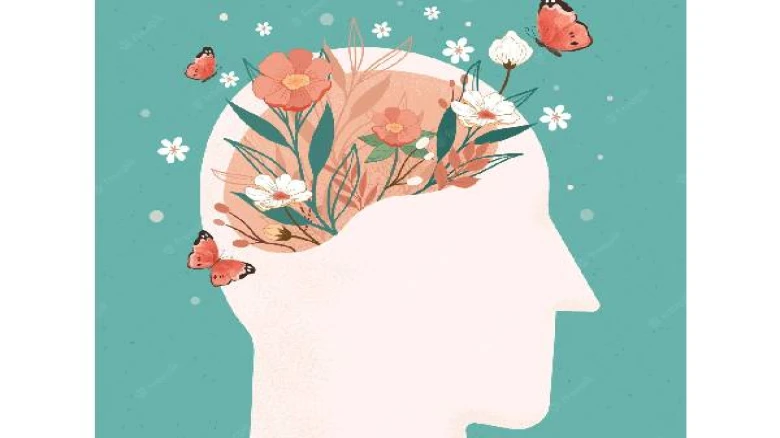Regional
His legacy reminds us of the importance of self-reliance, courage,...

Along with weight management and physical health, exercise offers protective benefits for our mental health as well. A study by the National Institute of Health found that aerobic exercise reduces symptoms of anxiety and depression.
Digital Desk: When we seek help for
our mental health condition, we often hear about various medications and
treatment options, but very few talk about lifestyle changes. Things such as
nutrition and exercise can have a significant impact on quality of life for any
of us, but especially for those dealing with issues such as depression,
anxiety, bipolar disorder, and schizophrenia.
The following changes can also help minimize the development of risk factors that can lead to conditions like
diabetes, cardiovascular disease, and hypertension, all of which are seen at
higher rates in those with mental illness.
Changing
Our Diet
It
has been proven in numerous studies that what we eat is likely to affect how we
feel. The foods we eat can affect our concentration, memory, alertness, and
mood. This is because different foods contain various nutrients that affect
what hormones our bodies produce as well as how they are released and synthesized into our systems. Less nutritious foods such as processed foods,
fast food, and sweets can all undermine mental health.
Good
nutrition can also prevent the deterioration of cognitive function associated
with conditions such as Alzheimer’s and dementia. It is recommended that you
eat foods rich in vitamin B, iron, magnesium, zinc, and iron to enhance the
brain’s function.
Exercising
regularly
Along
with weight management and physical health, exercise offers protective benefits
for our mental health as well. A study by the National Institute of Health
found that aerobic exercise reduces symptoms of anxiety and depression.
Aerobic
activities include:
Jogging
Swimming
Cycling
Walking
Dancing
Evidence
suggests an exercise duration of 45 minutes, 3–5 days a week to be optimal for
good mental health.
Getting
enough quality sleep
The
Australian Sleep Health Foundation recommends adults get 7 to 8 hours of sleep
each night. A regular sleep cycle is created by going to bed and waking up
around the same time each day. Good sleep habits can lead to mental health
improvements, making it easier to recover after illness and make facing
challenges less daunting.
Keeping
a journal
Expressing
ourselves through keeping a record of our thoughts and how we are feeling can
be a healthy way to deal with stress.
Cultivating
a hobby
Finding
something that we enjoy doing and that challenges us either mentally or
physically, or both, is important. Outdoor activities are even better as they
help us socialize more and meet new people. Learning a new skill or mastering
an old one can also help us feel proud and accomplished.
Making
time to relax
Relaxation
is important for good mental health. Daily meditation, deep breathing, or
mindfulness can help us better manage emotions.
Unplugging
Ourselves
It
is important for us to separate from the world to give ourselves time to
reflect, think, and plan for our future. Introspection can help us be self-aware
and resilient. Taking a break from social media from time to time, appreciating
nature and the world around us, and thinking of how far we have come or what
goals we want to achieve can help us stay mentally sound.
Mental
health is just as important as physical health. How we feel and see the world
affects our personality, actions, and decisions. It is crucial to act upon and
make lifestyle changes to improve mental health that will ensure our wellness
and overall health.
Leave A Comment